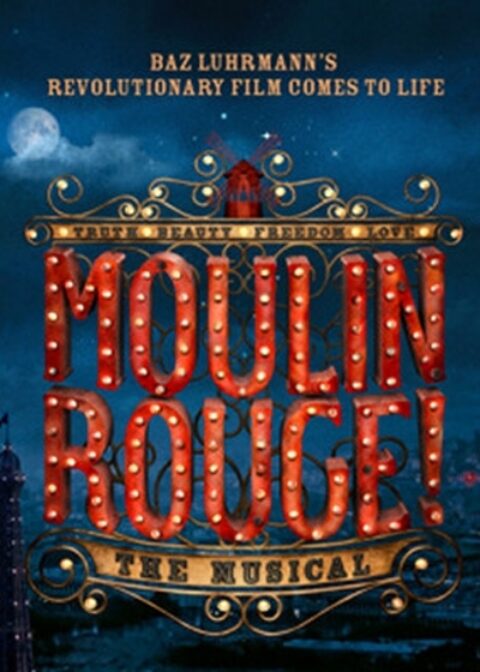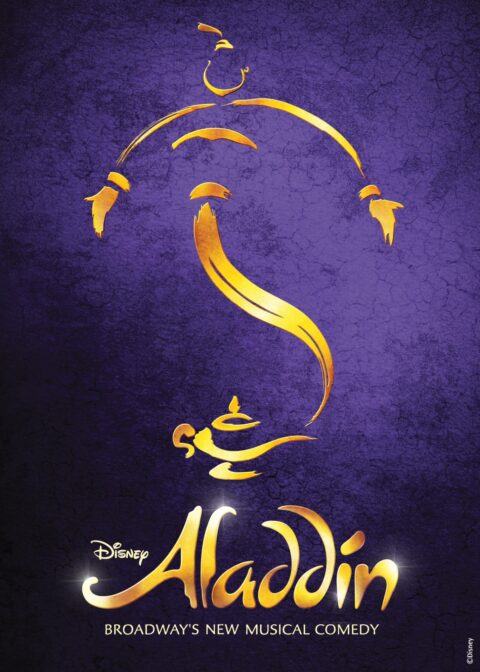The Broadway Industry Is Being Held Back By The Old-Guard And Their Lack Of Technological Prowess, Which Stifles Business Innovation As Well As Growth And Prosperity
Broadway Is Not A Space For Technological Innovation
The business of Broadway suffers from a lack of technological innovation and Broadway shows suffer from a dearth of innovative back-office solutions to solve new-world problems. The lights may shine brightly and the ticket windows still open at 10AM, but the actual back-office business feels more akin to a time when Broadway was still a two way street - which, Incidentally, became a one way street at Times Square on March 10, 1957.
Some of the new technologies that have failed to make it into this Billion Dollar industry include Blockchain, RFID, QR codes, x.509 certificates and even dynamic ticket pricing. The only tech innovations that Broadway has done well are social media marketing and the show production and staging, while the rest of the business silos see little change in their practices over the years and their aging strategies are now failing to deliver.
Broadway Discovers Changes Are Slow and Painful
The Broadway performance industry began at the end of the 18th Century, a time when the United States was still coming together and New York City was still in the discussions to become the nation’s capital. Broadway tickets were then sold for a few silver coins (less than a Dollar in today's money) and patrons could only buy tickets in-person directly from the theatre’s box office.
Shows would perform "live" up to four times a week with some shows dedicated for adults and some special entertainment performances for families. Shows would often perform in a theatre with an open roof for the day performances and then by candle light for the evening shows. Today, the Broadway show experience is still strikingly similar, with the only significant changes being the more expensive ticket prices, a theatre roof and an inside bathroom.
Old Theatres and Old Landlords Begat Old Thinking
The Shubert Organization has been in the Broadway show/entertainment business since 1906, which is when they first moved from a law practice into the Broadway sector. Their corporation is currently the biggest business on Broadway, and they now own and operate 17 of the leading Broadway theatres, including; The Winter Garden, The Ambassador and The Majestic Theatre each of which host some of Broadway's highest grossing plays to date.
The company is now a massive privately-owned organization, grossing at least $18 Billion per year. The company is so big on Broadway that they cannot help but control what other Broadway companies can do, by setting a pretty low standard for expectations. For example, Broadway shows were one of the last big industries in this country to start accepting credit cards as a way to pay for Broadway tickets.
Broadway and credit cards
Broadway only started to use cards when The Shubert Organization started losing money because of its reliance on cash sales. The Shubert Organization then decided to create Telecharge.com in the mid 90’s, long after the rest of the country was already racking up credit card debt and processing internet sales.
It is this kind of slow adoption of technology that stifles growth of the industry and this mentality is still is pervasive today. Just one look at the current telecharge.com website will be enough to convince even the most hardened internet users that the failings in the industry are endemic.
Ticket Duopoly Strangles Innovation
Telecharge and Ticketmaster are the only two official major ticket selling companies for Broadway shows. They have secured over 95% of all Broadway first-hand ticket sales and together, have created an unintended duopoly that can only be broken through legislation. Monopolies of any sort are the worst thing for any industry's progression. The duopoly prevents true business competition from taking place and encourages collusion.
It was not that long ago that Sotheby's and Christie's paid $250 Million in fines for collusion in their duopoly. Competition is the only thing that cultivates new innovation and because of the general lack of it on Broadway, the final product suffers.
Telecharge's antiquated website
The telecharge.com website has not been updated in a very long time and it is a great example how so little the industry has progressed. The current site crashes regularly and is very difficult for users to navigate. It still looks like one of those old websites that was made back in the 1990’s to show people “how far computers have come”.
The Ticketmaster site is a little better, but still not by much. The mobile experience for both is even worse. It's no wonder that people still buy tickets in person at the box office.
The Broadway Industry Does Not Speak the Language of Technology
Despite the Broadway stages adeptly using cutting edge technology for the show productions, with high end lighting/speaker systems being installed and new safety systems being used in performances, the rest of the business trails way behind Broadway staging. Technologies that have not been implemented in the business include cryptocurrency, Blockchain, x.509, RFID and dynamic ticket pricing.
With the status-quo not changing any time soon, the future looks pretty bleak for frustrated ticket buyers. Blockchain, for example, could revolutionize the way Broadway show tickets are sold and handled. This technology has the potential to increase the speed and ease of purchasing Broadway tickets. It will also be cheaper to process ticket sales, as there are no costs to use the Blockchain network.
Blockchain could increase security through tracking
It would also increase Broadway ticket security and transparency because, Blockchain would allow customers and Broadway producers to track their tickets throughout the whole Broadway ticket life cycle, with full access to its sales history and data including the sale and all subsequent resales.
In comparison, Walmart Supercenters now track all their fresh produce from seed to sale through Blockchain technology. This allows them to ensure product quality, delivery and resolve spoilage issues quickly, thus lowering costs and significantly speeding up the sales cycle.
Is Broadway Killing the Planet One Printed Playbill at a Time?
Even some basic changes seem to be hard for Broadway. The stages may be now be using LED lighting but Broadway still uses a great deal of paper. Physical printed Broadway show tickets account for over one-half of all Broadway ticket sales today. It is estimated that these physical tickets kill over one million trees per year. Playbill still prints their yellow “playbills” for every audience member that attends a Broadway show.
An entire forest of trees are cut down every week just for for these yellow devils.
Inflection Point For Broadway Innovation
Many Broadway shows are slow to adopt new technologies to replace the old ways. The Broadway demographic, which skews much older, is very resistant to change. The Broadway industry is heading towards a showdown that will ultimately force them to innovate or die.
This may ring hollow being set against another record year on Broadway, but it may be the same ring that Captain Edward Smith heard, back in 1912, complete with shiny new dishes.


